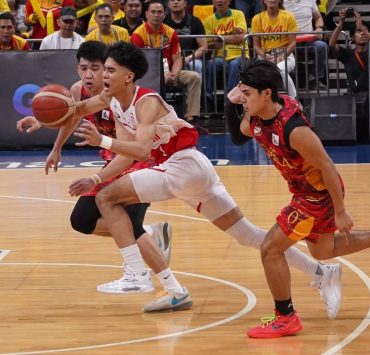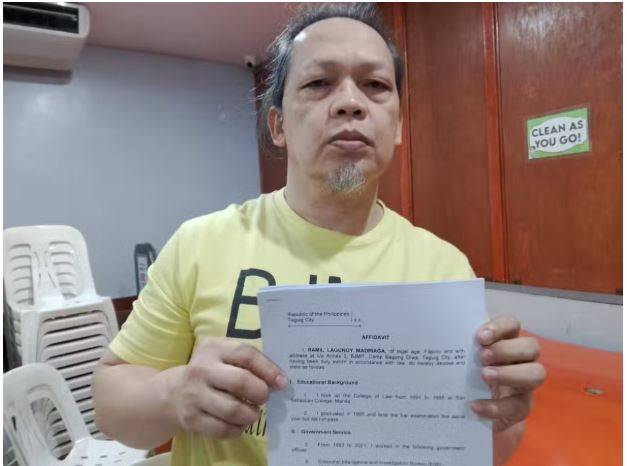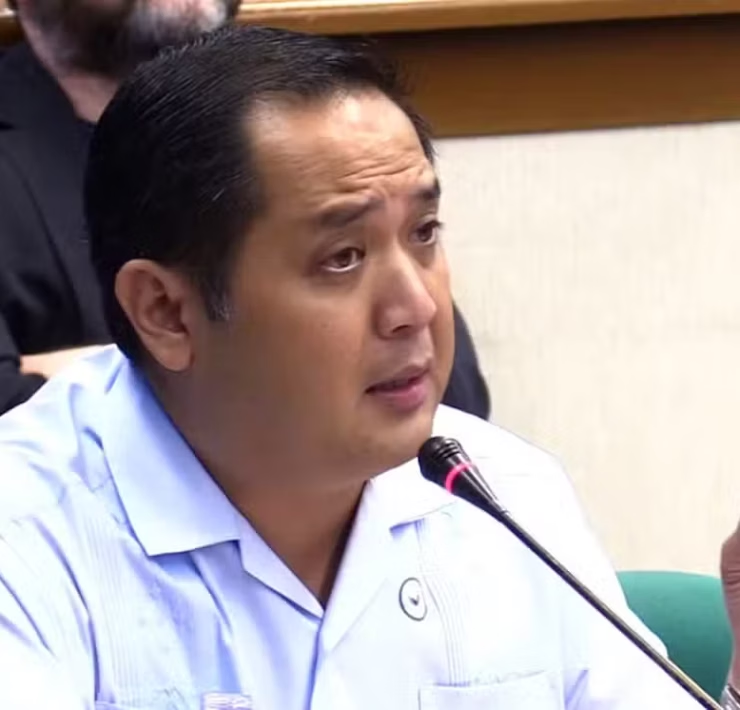Pisa study: 1 in 3 PH students bullied in school
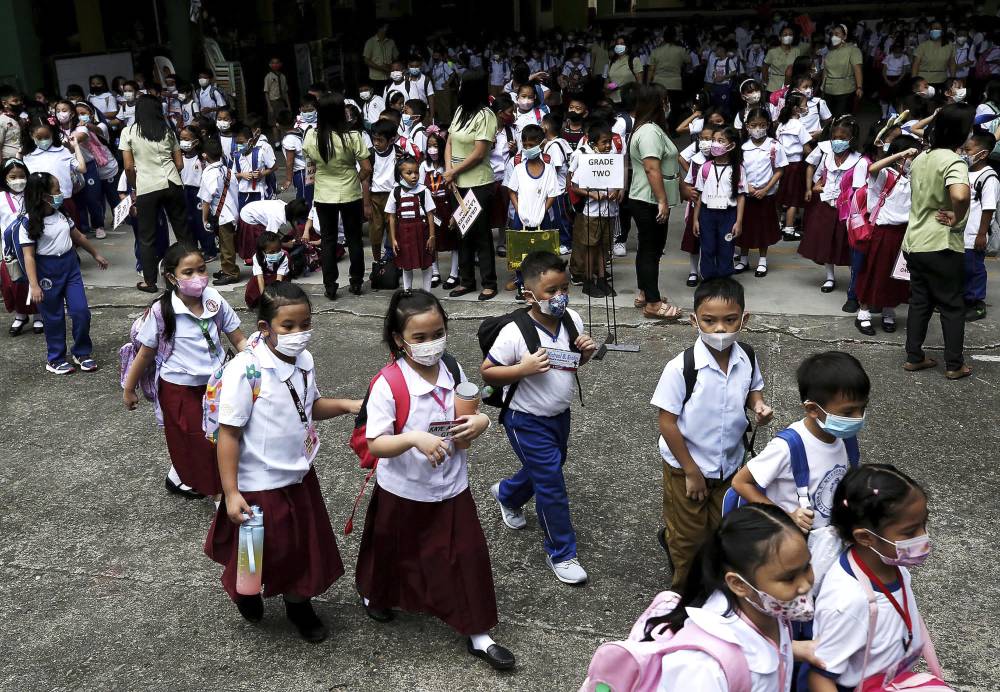
The Department of Education (DepEd) assured the public on Saturday that it was implementing programs to address bullying in schools after the 2022 Programme for International Student Assessment (Pisa) study revealed that one in every three Filipino students had experienced being bullied at least once a week.
According to the Pisa study published on Dec. 5, the incidence of bullying in Philippine schools went down between 2018 and 2022. The country first took part in the large-scale international assessment of the academic performance of 15-year-old students in mathematics, science and reading in 2018.
But Education Undersecretary Gina Gonong said in a forum on the Pisa results organized by DepEd last week that bullying “remained a pervasive problem, more so among boys and those in public schools.” It also affected their academic performance as the study said that those who were bullied at least a few times a month scored 11 to 44 points lower in mathematics.
According to the 2022 Pisa results, 28 percent of the 7,193 Filipino students from 188 schools who took part in the assessment reported that others had “made fun” of them while 19 percent said they were threatened by other students.
Some reported being the subject of “nasty rumors” while others got hit or pushed by other students. There were also those who complained that their things were taken away or destroyed while some said they were “left out of things on purpose.”
To address the problem, DepEd said that antibullying programs were being implemented by its Learner Rights Protection Office (LRPO), which operates the “telesafe” hotline and child protection desks, and the Bureau of Learners Support Services (BLSS), which has various mental health initiatives and counseling projects.
“The BLSS primarily gears more toward bullying prevention and creating a climate of safety in schools [through mental health and counseling on top of capacity building for teaching and nonteaching staff]. On the other hand, the LRPO mainly comes in to address abuse and bullying cases directly [through legal means],” it told reporters through a Viber message.
Other DepEd programs include the creation of a mental health unit in the department that is expected to become operational next year and the ongoing hiring of “mental health coordinators” for every region.
Other programs, measures
A DepEd order specifically tackling mental health will also be released early next year after undergoing vetting as the agency works on creating mental health and antibullying content with the National Council for Children’s Television, in collaboration with independent directors.
In partnership with Natasha Goulbourn Foundation, DepEd has likewise launched a capacity-building program for teachers and nonteaching staff to help them “spot red flags” among students who might be being bullied.
In addition, the department has been at the forefront of pushing for the passage of Sen. Sherwin Gatchalian’s Senate Bill No. 2200, or the proposed Education Mental Health and Well-Being Promotion Act, by serving on the primary technical working group for the measure.
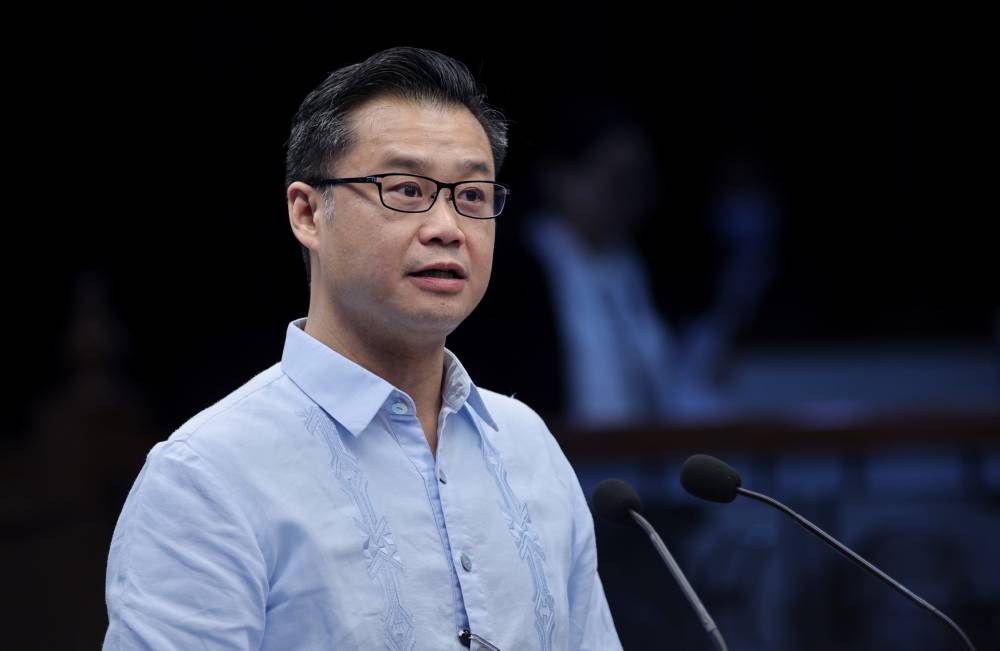
“We pushed for the increase in the Salary Grade (SG) of guidance counselors (SG 11 to SG 16) and the creation of a new plantilla position category called mental health associates (nurses, social workers and psychometricians) to fill the personnel gap,” DepEd said.
Under SB 2200, all guidance counselors and psychologists I to III will be converted to mental health specialists with their monthly pay adjusted to SG 16 (P39,672), SG 18 (46,725) and SG 20 (P57,347).
Gatchalian, the chair of the Senate committee on basic education, said DepEd should work for “stronger interventions” to ensure the safety and welfare of students as “bullying contributes to the victims’ low self-esteem, lack of confidence and difficulty in focusing on their studies.”
“Bullying can also affect [their] emotional state that could result in a lower interest in studying,” he added, citing the Pisa study which showed the Philippines ranked sixth to the last in reading and mathematics, and third to the last in science among 81 countries.
‘Cyberviolence’
While Gatchalian expressed optimism about the passage of his bill, he said the effective enforcement of Republic Act No. 10627 or the Anti-Bullying Act of 2013 could help protect learners in the meantime.
RA 10627 was enacted on Sept. 2, 2013, to protect students from bullying and other forms of violence but Gatchalian said the law requires a comprehensive analysis and gap review.
Pwersa ng Bayanihang Atleta party list Rep. Margarita Nograles also filed a similar bill in 2022—House Bill No. 2886 which penalizes people of legal age proven to have been bullying others in school, at work or even on the internet.
“According to the Unicef, the latest data in the country shows that cyberviolence affects almost half of children age 13 to 17. This violence experienced by Filipino children are in the form of verbal abuse and most of these are in the form of sexual messages … that can create long-lasting emotional and psychological scars in every child,” Nograles said in her explanatory note. —WITH REPORTS FROM MELVIN GASCON AND INQUIRER RESEARCH INQ














